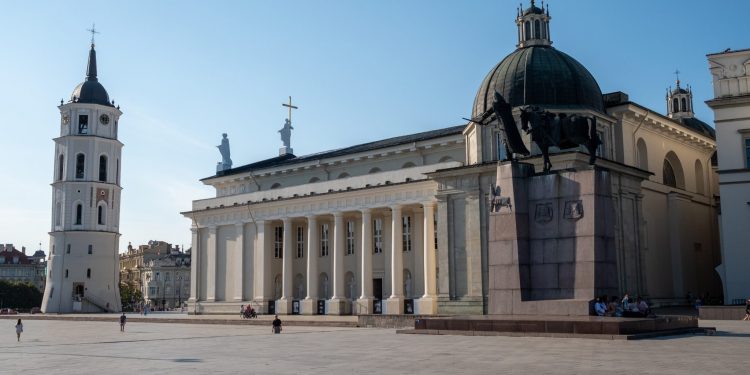Lithuania, a nation with a rich history and a population of just 2.8 million, is becoming a magnet for foreign professionals. The country has witnessed a significant increase in its foreign workforce, growing from around 145,000 in 2022 to more than 200,000 in 2023. This surge is primarily fueled by Lithuania’s burgeoning technology and finance sectors, which are experiencing a talent shortage.
The country’s appeal is not just in its career opportunities. Lithuania boasts an excellent work-life balance, with 15 public holidays a year and a low percentage of employees working “very long” hours, according to the Organization for Economic Cooperation and Development (OECD). The OECD has also ranked Lithuania 11th for work-life balance, ahead of countries like Switzerland and Hungary.
However, adapting to Lithuania has its challenges. The cost of living in Vilnius is rising, and winters can be long and harsh. Cultural adjustments are also necessary, as Lithuania’s reserved and structured society contrasts with the more open and conversational cultures of Brazil, Indonesia, and Italy.
In summary, Lithuania’s strategic initiatives to attract foreign talent are paying off, as evidenced by the growing expatriate community enjoying the country’s safe environment, career opportunities, and balanced lifestyle. This trend is a testament to Lithuania’s potential as an emerging hub for global professionals.



























